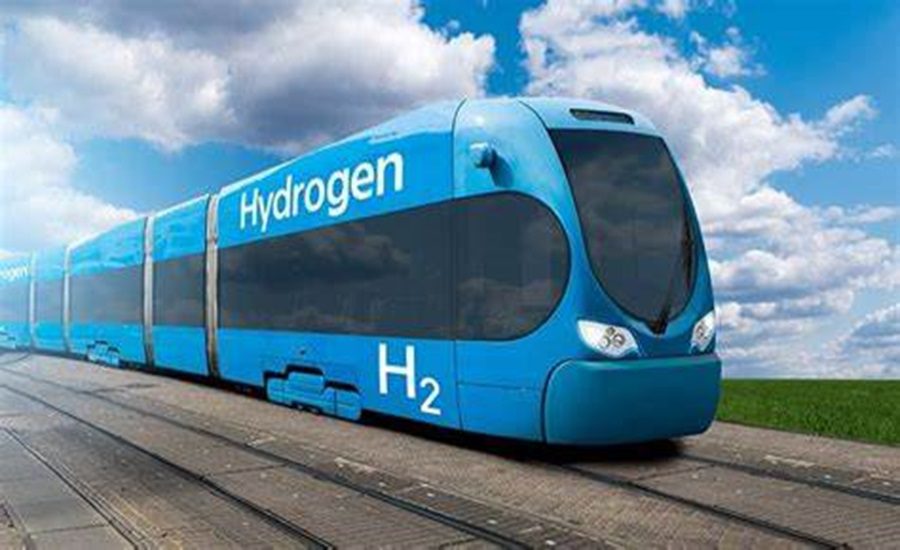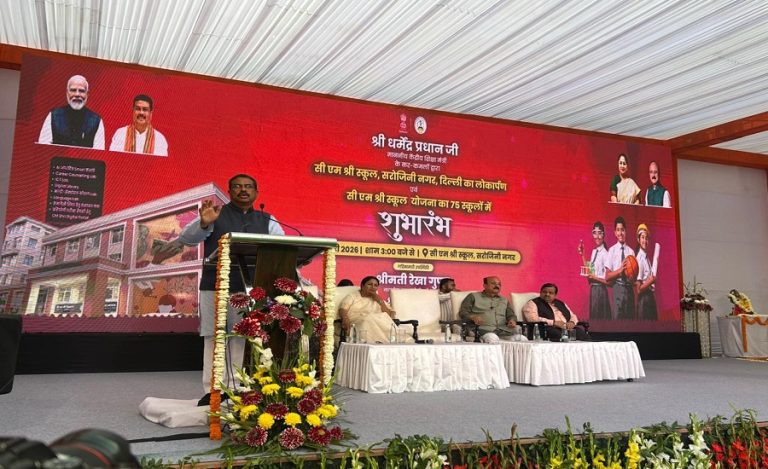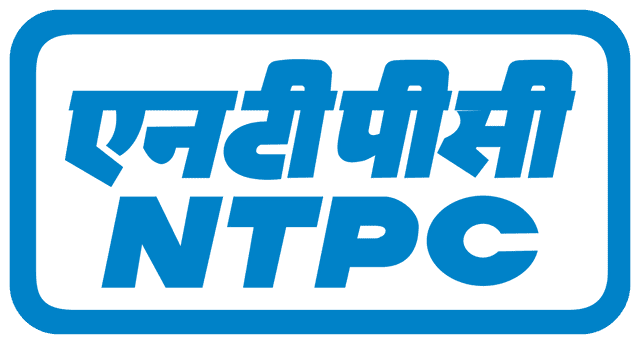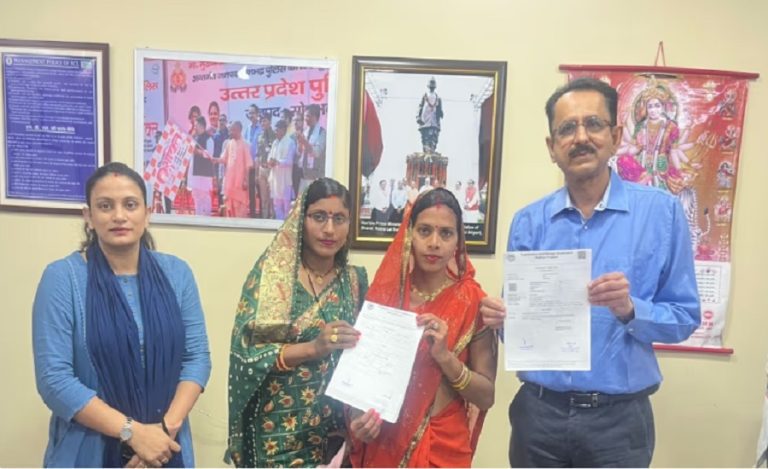New Delhi: India is poised to take a major leap in clean transportation with the imminent launch of its first hydrogen-powered train, placing the country alongside global leaders like Germany, France, Sweden, and China in adopting hydrogen rail technology. The first service will operate on the Jind–Sonipat route in Haryana, under the Ministry of Railways’ flagship ‘Hydrogen for Heritage’ initiative.
The announcement was shared by Railways Minister Ashwini Vaishnaw, who posted a video of the train on social media platform X, offering a first public look at what is being called a game-changing step toward zero-emission rail transport in India.
Bharat's First Hydrogen Train! 🇮🇳
— Ashwini Vaishnaw (@AshwiniVaishnaw) August 12, 2025
Coming soon… pic.twitter.com/Mtq72zd1Dd
1,200 HP Hydrogen Train: A Technological Milestone
Developed at the Integral Coach Factory (ICF), Chennai, the hydrogen train has been retrofitted from a diesel-electric multiple unit (DEMU), featuring a 1,200-horsepower propulsion system—more than double that of similar hydrogen trains currently operating in Europe.
Key features include:
- Top speed: 110 km/h
- Passenger capacity: 2,638 passengers
- Daily distance: Two round trips covering 356 km
- Hydrogen storage: 220 kg per power car in high-pressure cylinders
- Zero carbon emissions: Water vapour is the only byproduct
The hydrogen fuel cells work by combining hydrogen and oxygen to produce electricity, with water being the only emission. This enables a clean, efficient, and quiet operation, particularly beneficial for heritage and hill routes, where environmental concerns are more pressing.
Jind Hydrogen Facility: A Green Energy Ecosystem
The Jind–Sonipat corridor will be supported by a purpose-built hydrogen fuel facility in Jind, which includes:
- Storage capacity: 3,000 kg of hydrogen
- Production system: 1 MW polymer electrolyte membrane (PEM) electrolyser
- Integrated operations: On-site production, storage, and dispensing
The entire system is part of a pilot project valued at ₹111.83 crore, focused on converting a DEMU into a hydrogen train. The Research Design and Standards Organisation (RDSO) developed the design and safety protocols, with German safety auditor TÜV SÜD conducting independent assessments.
Extensive safety features are in place, including:
- Hydrogen leak detectors
- Flame sensors
- Temperature monitoring
- Optimised ventilation systems
Expansion Plans: ₹2,800 Crore Allocated for Hydrogen Rail Network
The successful rollout of the Jind–Sonipat train is just the beginning. The government has already approved a ₹2,800 crore investment to build 35 hydrogen-powered trains across heritage and hill routes. Each train is expected to cost around ₹80 crore, with ₹70 crore allocated per route for supporting infrastructure.
Speaking earlier in July, Minister Vaishnaw confirmed:
“India is developing a 1,200 HP hydrogen train. This will place India among the global leaders in hydrogen-powered rail technology.”
Final-stage testing is currently underway, with the train expected to commence passenger services in the coming weeks.




























